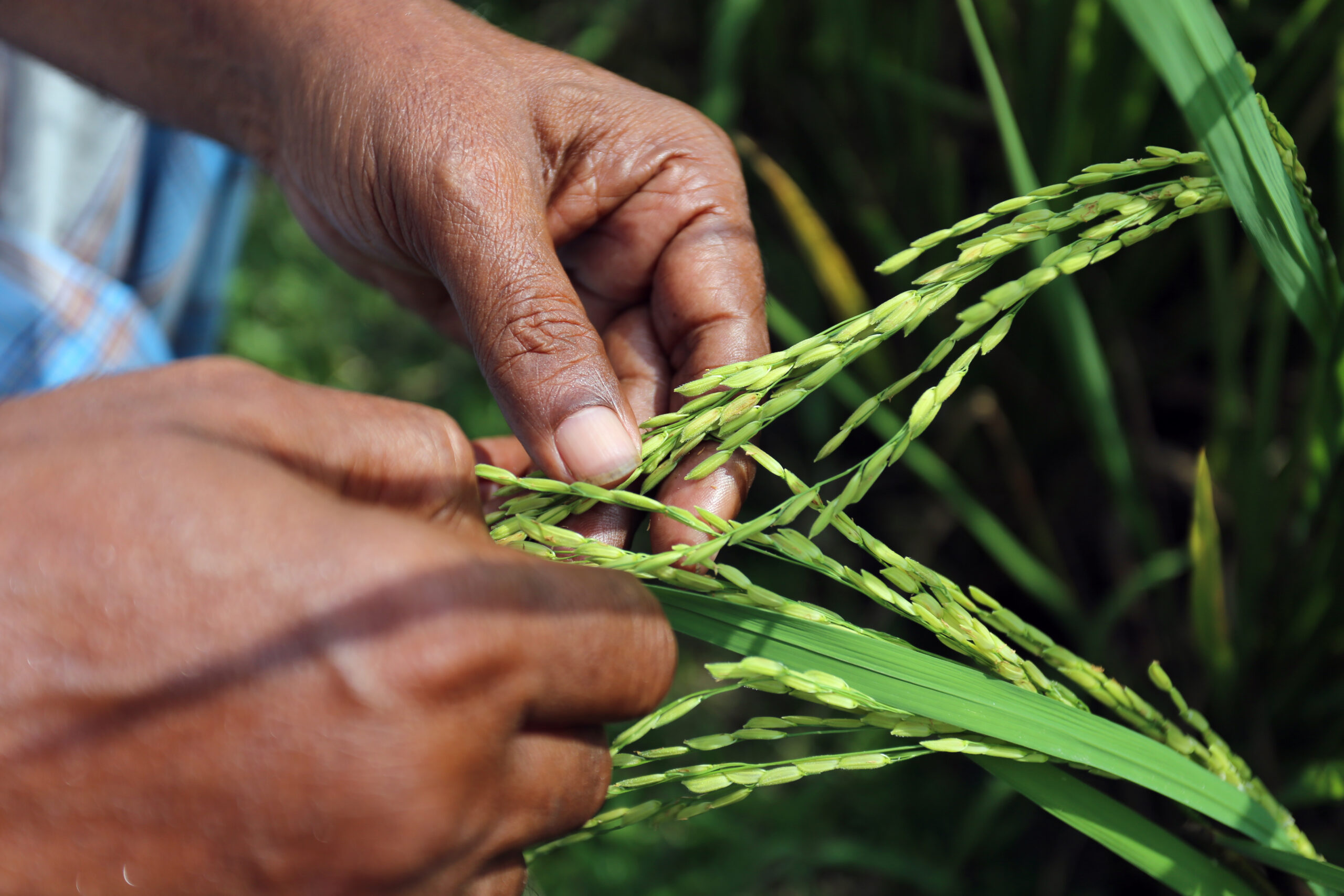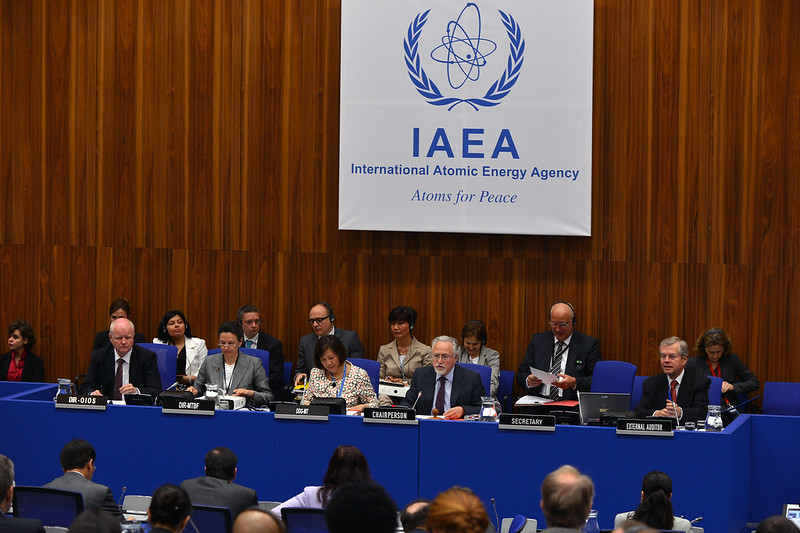
The benefits of using ionising radiation in agriculture for food security, food safety, and international commerce have been established over many decades of application. As food demand rises globally and climate change threatens production, radiation-based technologies are emerging as powerful tools, offering innovative solutions to enhance food security, promote sustainable agriculture, and support trade. While the use of gamma radiation has been prevalent, X-ray and eBeam technologies are emerging as promising alternative sources of ionising radiation, which offer more opportunities for private industry investment.
In this brief, VCDNP Senior Research Associates Ingrid Kirsten and Anthony Stott explore key applications of ionising radiation in agriculture and trade, describe IAEA support to Member States in this field, and reflect on the challenges and opportunities for their broader implementation.
The VCDNP “Sustainable Solutions” series delivers concise, fact-based information on nuclear technology applications to key stakeholders in government, industry, and civil society. It aims to enhance understanding and aid decision-making to harness nuclear applications for economic development. Providing information in an accessible format, the series also serves to activate and reinforce interest in nuclear applications for development and climate goals among multiple stakeholders.



